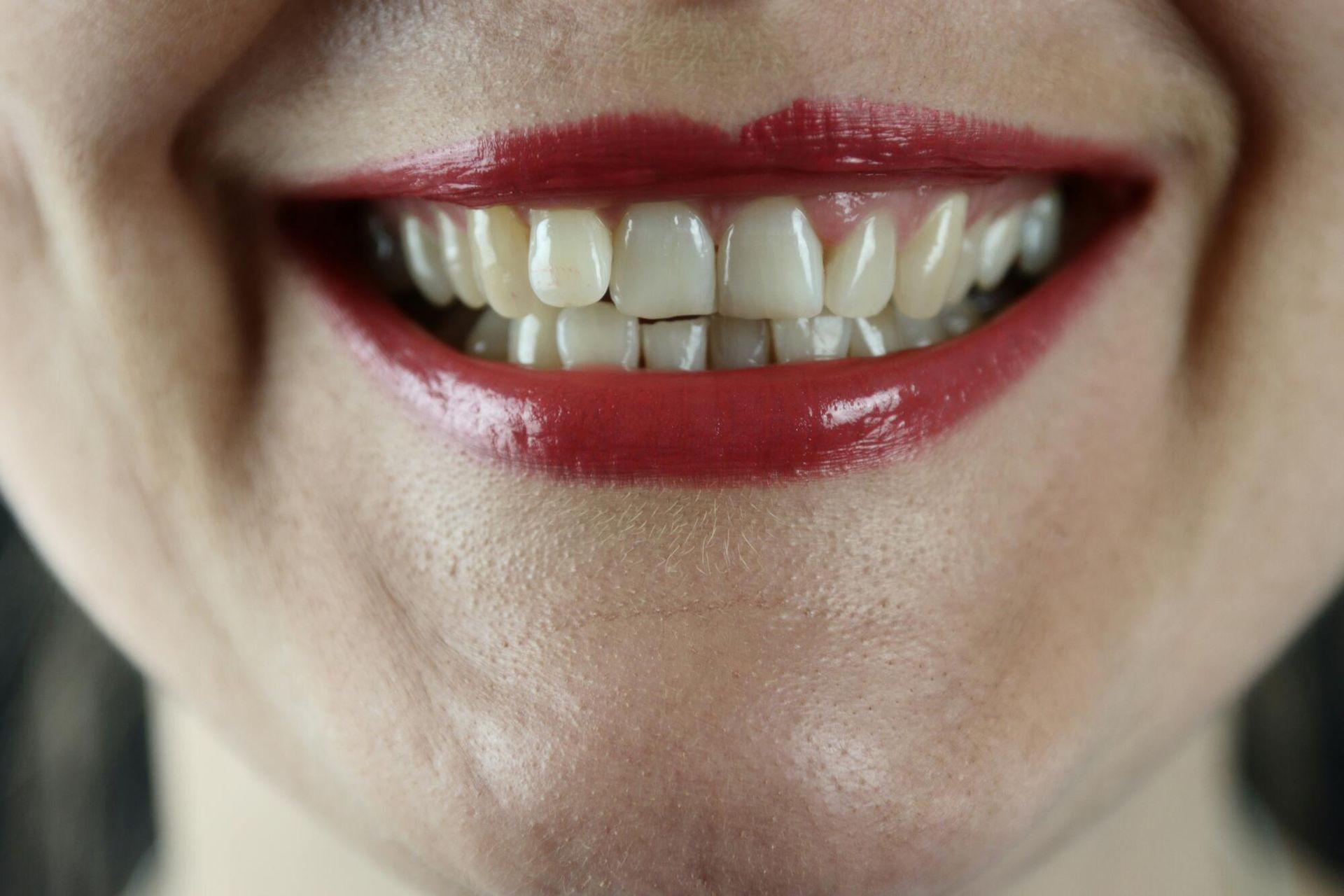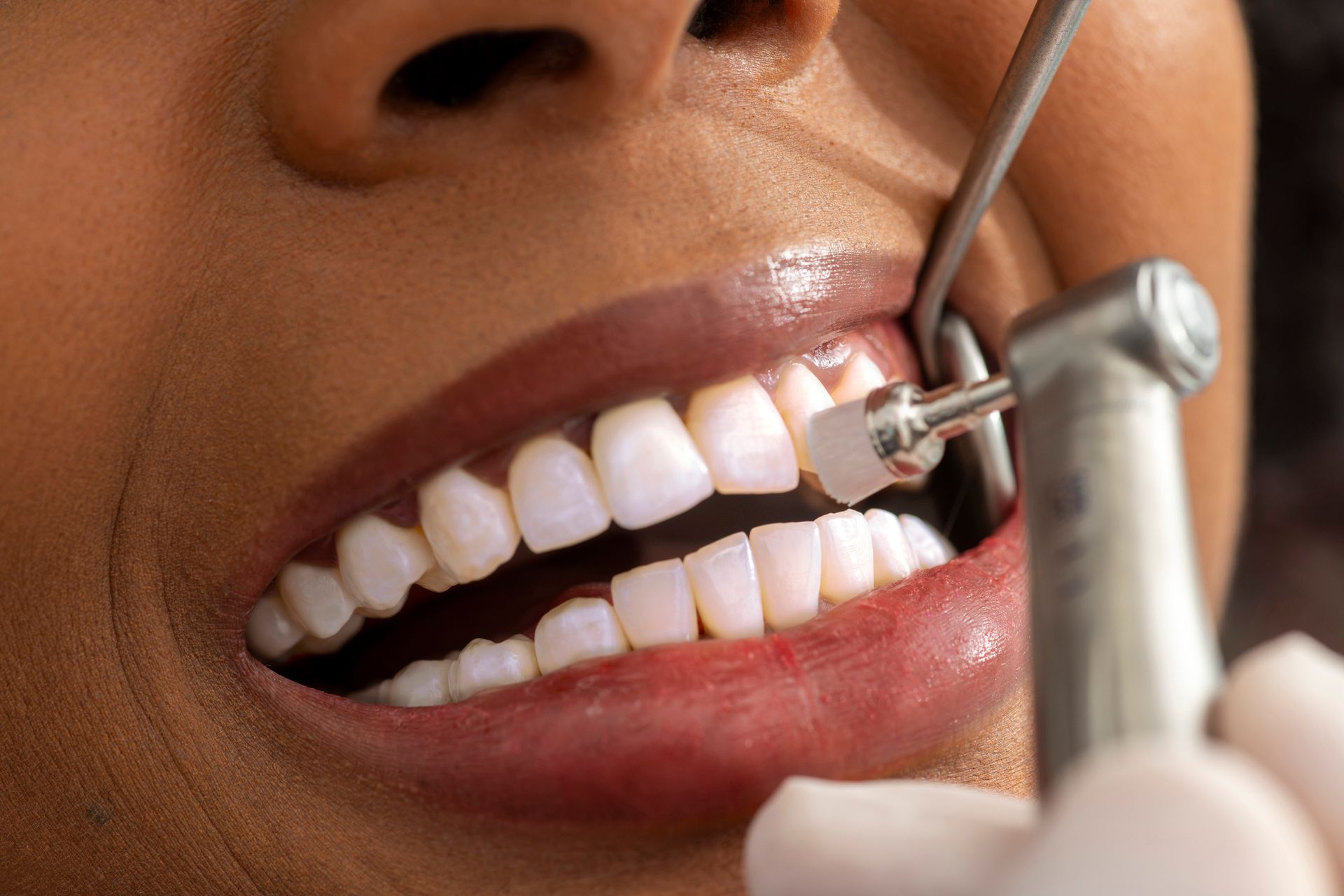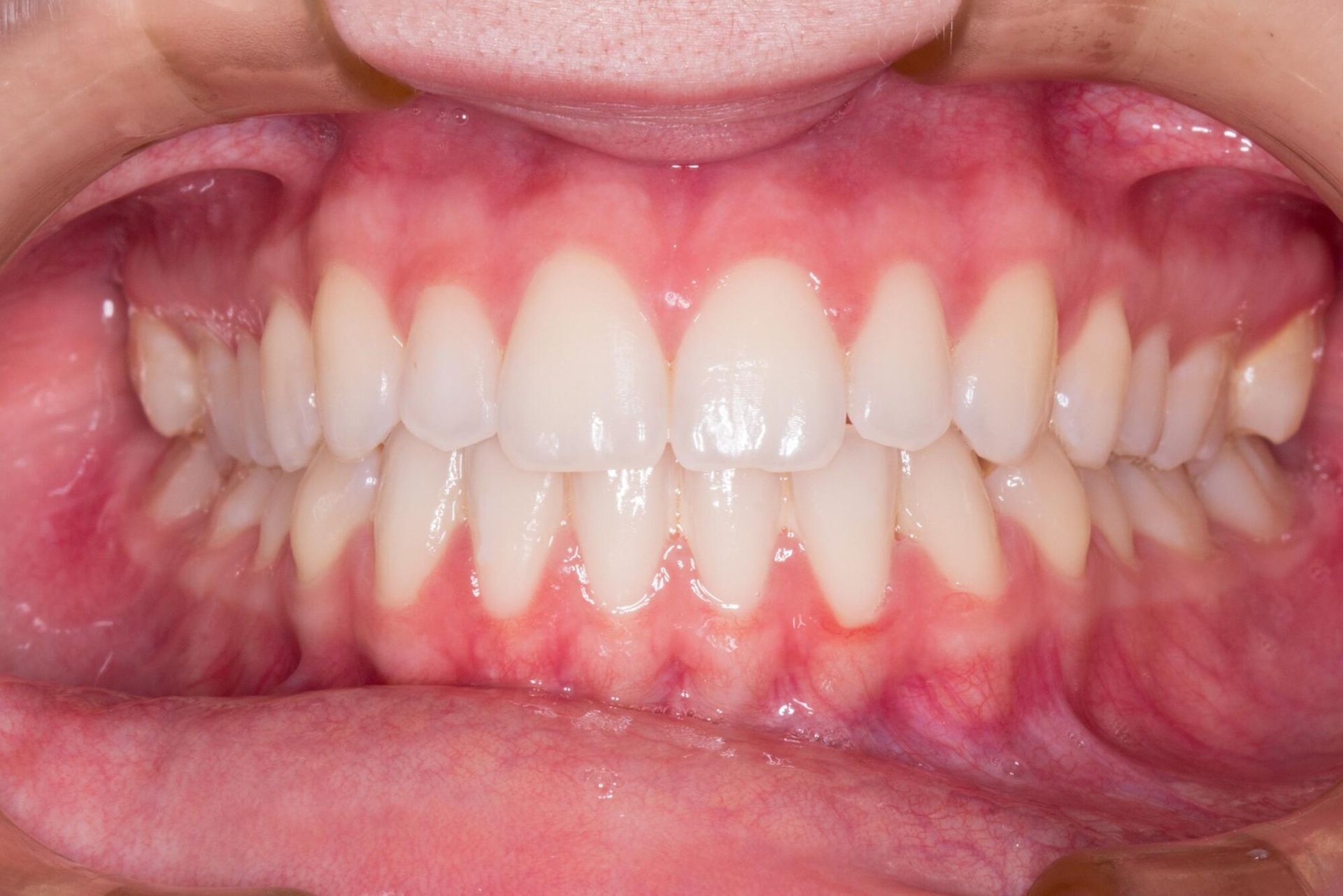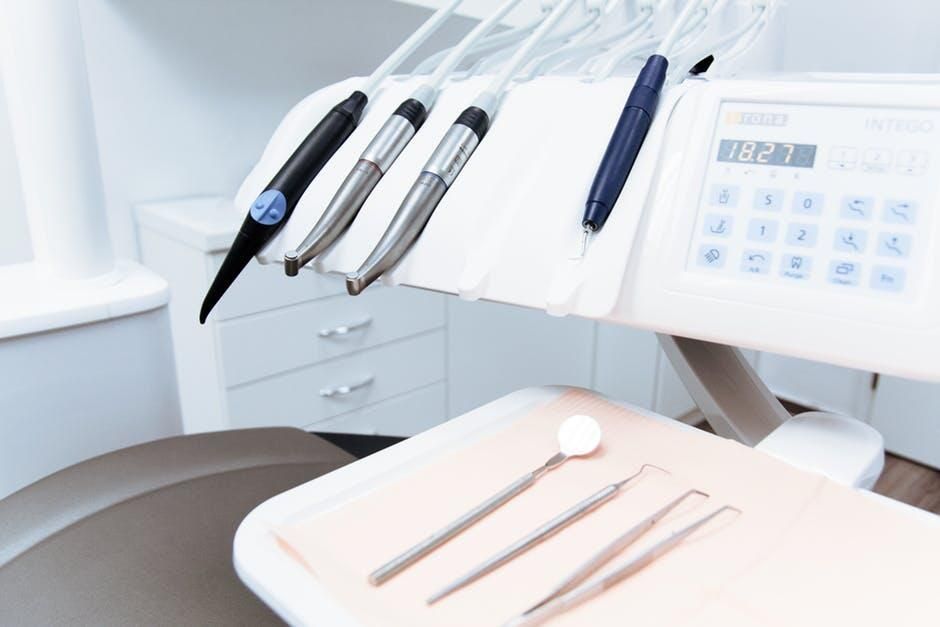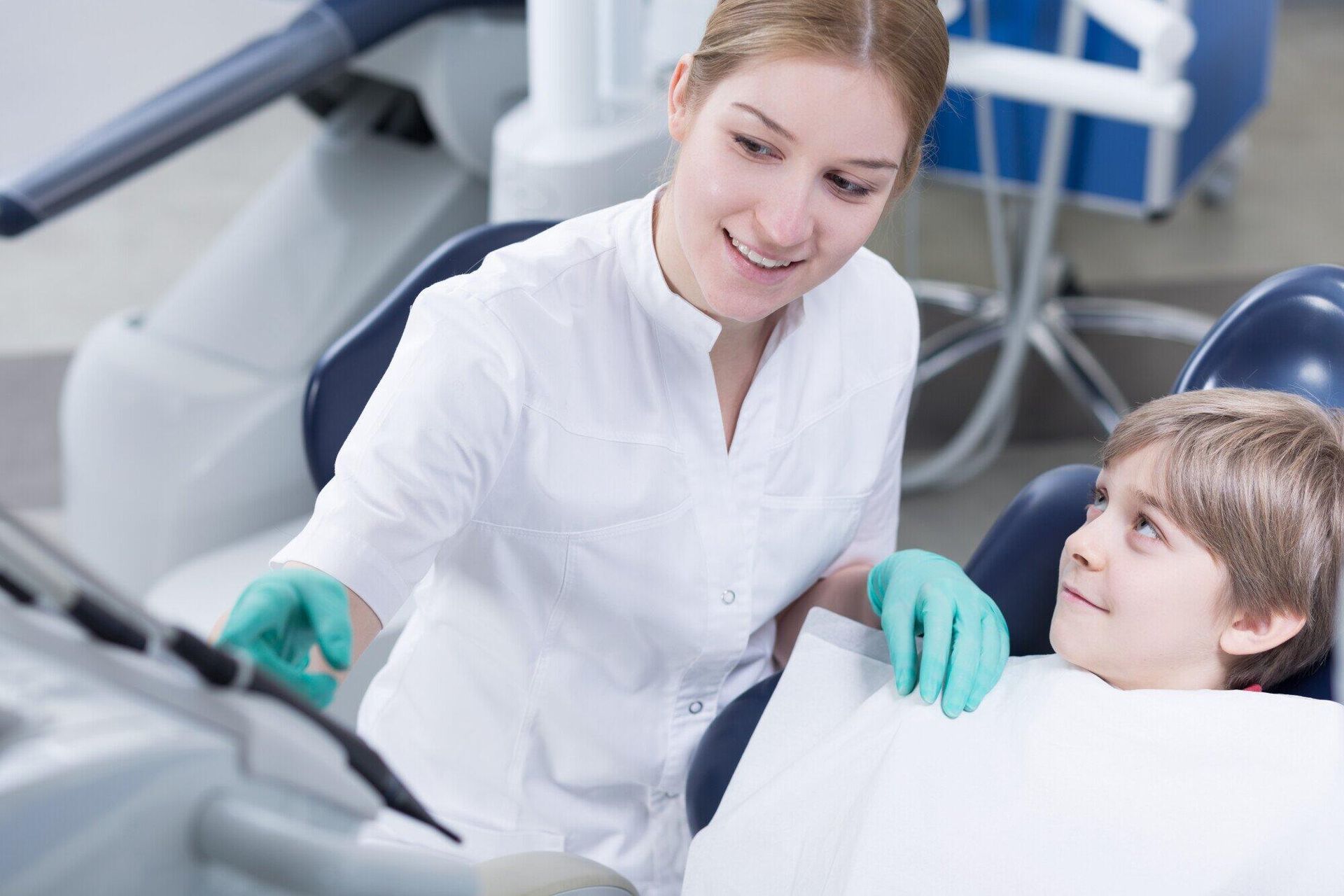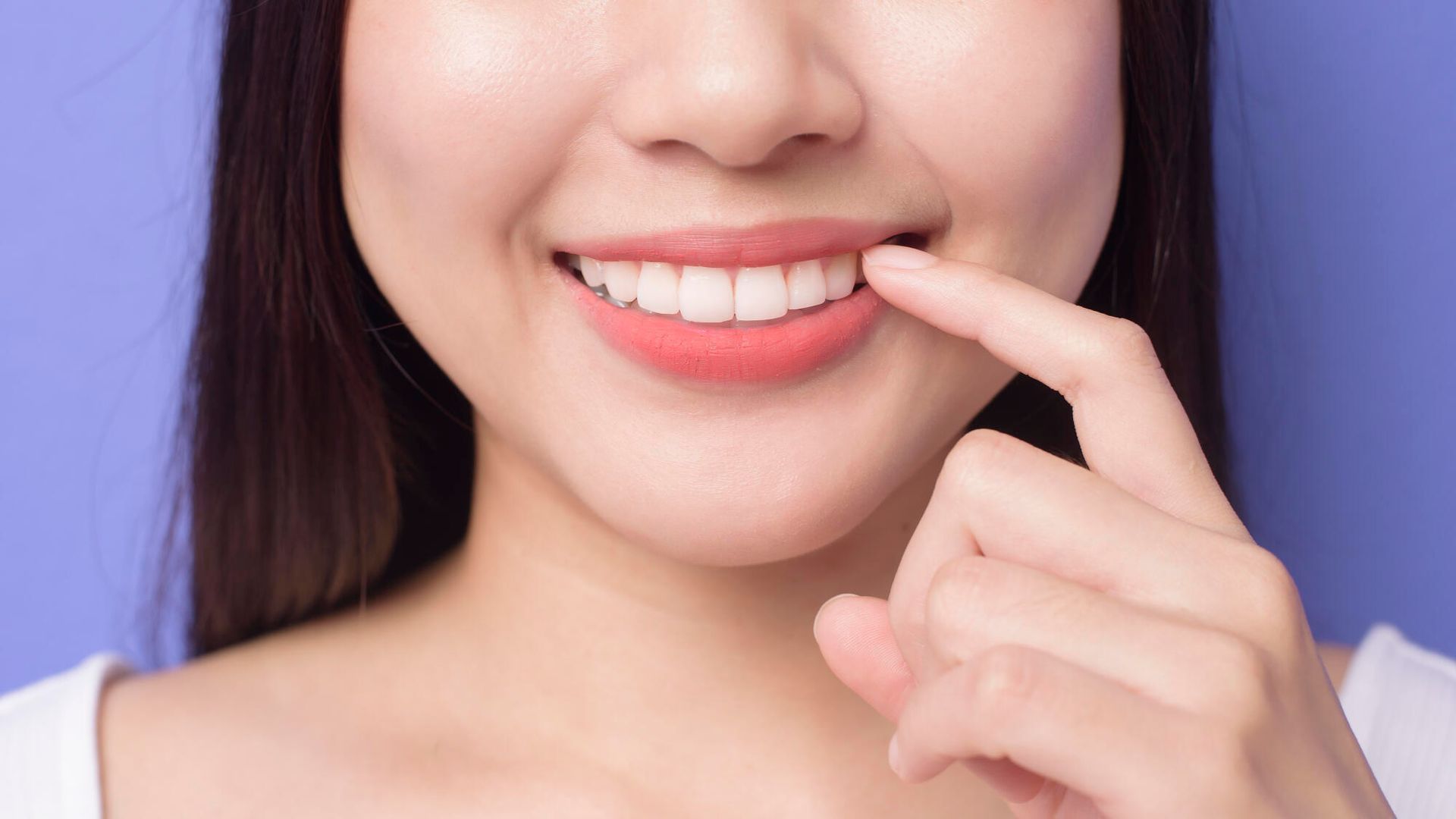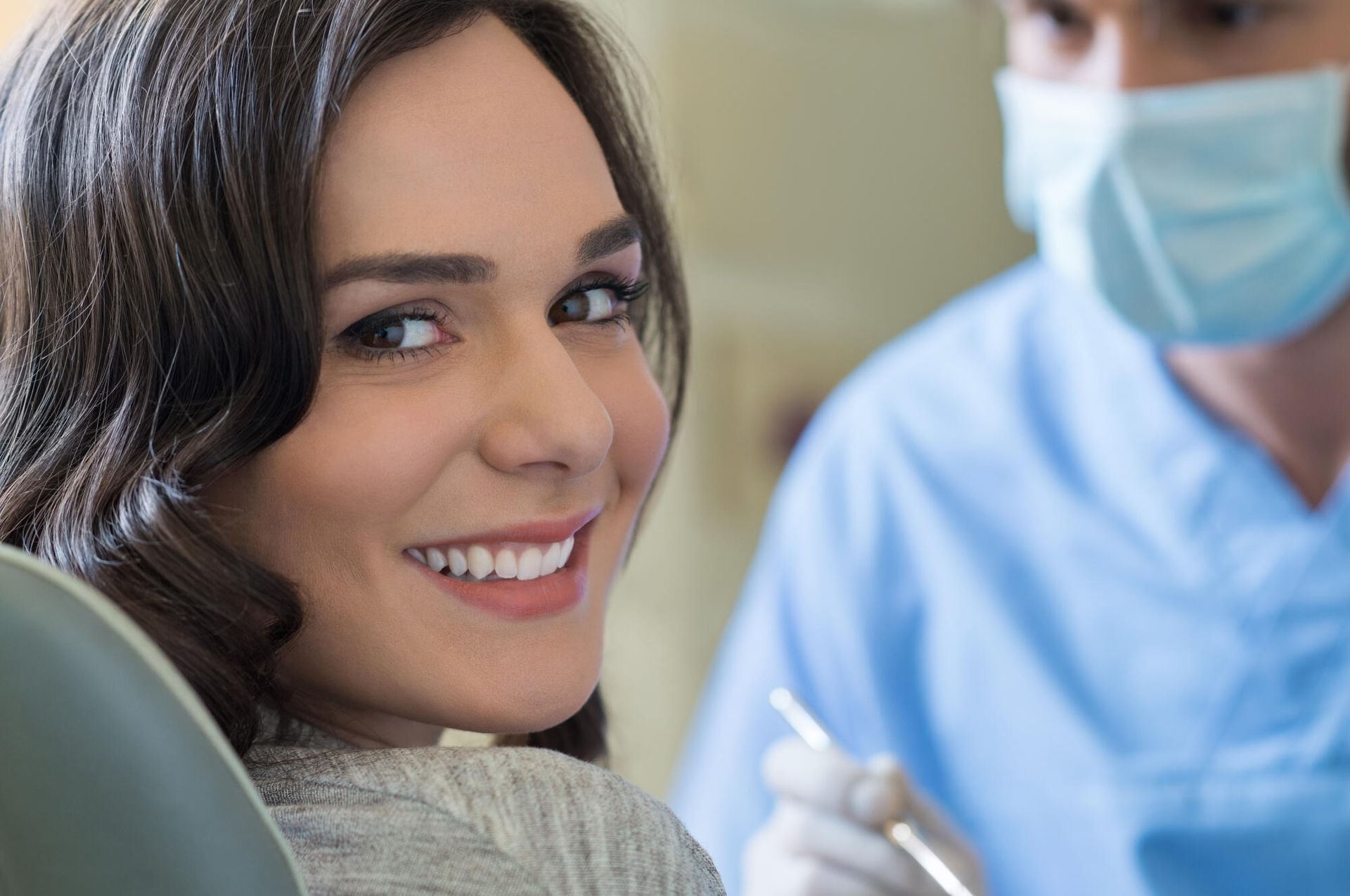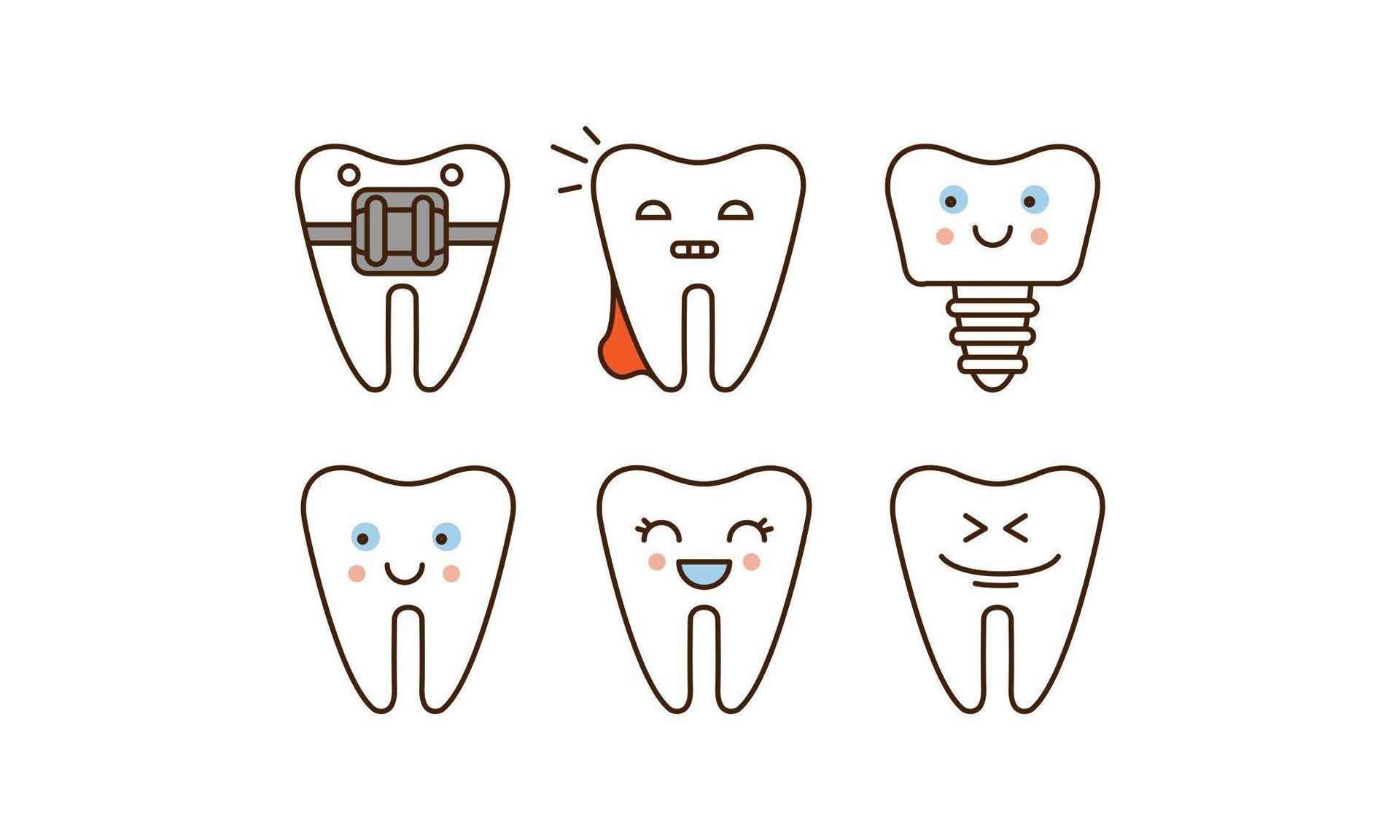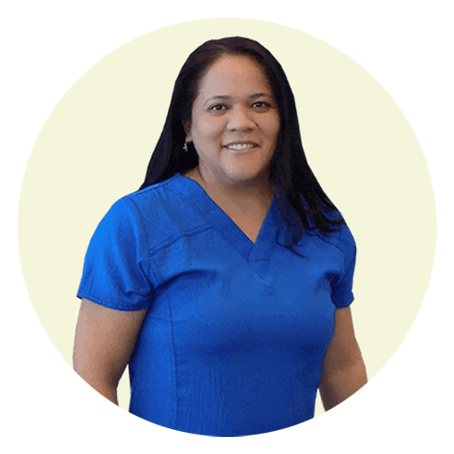Regular dental cleanings play a crucial role in preserving optimal oral health and functionality. During these appointments, a dental hygienist will eliminate hardened plaque, tartar, and bacteria by cleaning, polishing, and flossing your teeth. When coupled with diligent at-home brushing and flossing, dental cleanings promote healthy teeth and gums, helping to achieve and sustain oral health.
Types of Dental Cleaning
Various types of dental cleanings are available based on individual needs, but they all aim to eliminate harmful bacteria and decrease the risk of dental problems.
Prophylaxis is the most common type of dental cleaning and is a routine preventive cleaning for people with overall healthy teeth and gums. This article mainly focuses on prevention.
Gross debridement is recommended for people who have not visited a dentist in over a year or those with significant plaque buildup. It is similar to prophylaxis but may take longer to complete. The primary objective of debridement is to identify any problems that were not initially detected before the dental cleaning.
Scaling and root planing, which involves removing bacteria and hardened tartar beneath the gum line around the roots of teeth. Cosmetic dentists in Pasadena generally recommend this procedure for people with mild to moderate gum disease (periodontitis). During the process, patients receive local anesthesia to numb their gums.
What to Expect During Dental Cleaning
This is what you can anticipate during a dental cleaning checkup:
Thorough Cleaning
A dental hygienist or dentist near you will perform a comprehensive cleaning of your mouth using professional tools. Even if you brush your teeth regularly at home, there may be plaque and tartar buildup that a professional can only remove. After the cleaning, the dentist or hygienist will usually polish your teeth with fluoride toothpaste to restore healthy tooth enamel that has worn away over time.
Assessment for Cavities
While cleaning your teeth and examining your mouth, your dentist will also look for signs of tooth or gum issues. They may ask about any recent medical history, pain, or medication changes to properly evaluate your oral health. Additionally, they will check for cavities and suggest the appropriate treatment or preventative measures.
Dental X-rays
While X-rays are not taken at every cleaning checkup, they are typically done every other visit. X-rays help dentists identify tooth decay, gum disease, or other oral health problems that may not be visible during a regular checkup. During the X-ray process, you will likely need to hold a film in your mouth and expose your teeth to get accurate images.
Is It Painful to Get Teeth Cleaned?
To put it briefly, dental cleanings are not supposed to be painful. However, some patients may experience discomfort due to underlying factors like gum inflammation, tooth decay, or other oral problems that can increase sensitivity.
Moreover, delaying regular cleaning appointments can also cause debris to accumulate, leading to heightened sensitivity and discomfort during the cleaning process.
How Long After Teeth Cleaning Can I Eat?
After a standard dental cleaning from Marconi Dental Aesthetics, it’s generally okay to eat immediately unless you also have a fluoride treatment. If you received fluoride, you should wait at least half an hour before eating to give the fluoride time to take effect and be absorbed by your teeth.
Tips to Make Dental Cleanings More Comfortable
To ensure a comfortable experience during your dental cleaning, consider the following tips:
Take painkillers: To alleviate discomfort, take an over-the-counter painkiller an hour before your cleaning. You can also retake it six hours after your appointment to reduce inflammation.
Use desensitizing toothpaste: If your gums are inflamed, switching to desensitizing toothpaste can prevent discomfort during your cleaning.
Prevent gum recession: Gum recession can make cleanings and certain foods more uncomfortable. Practice good dental care and a healthy lifestyle to prevent gum recession.
Avoid overbrushing: Brushing too hard can damage your teeth, making them more sensitive. Instead, follow the proper brushing technique to lower the risk of sensitivity.
Advantages of Regular Dental Cleanings
Regular dental exams and cleanings in Pasadena, TX, offer several benefits, which include:
- Lowered risk of severe oral health problems, such as gum disease and cavities.
- Prevention of bad breath. Regular cleanings can help remove harmful bacteria from the teeth, leading to fresh breath.
- Lowered costs. Preventative dental care, including regular cleanings, can help stop dental issues before they become serious, saving time and money.
What Do Dentists Check During Cleaning?
